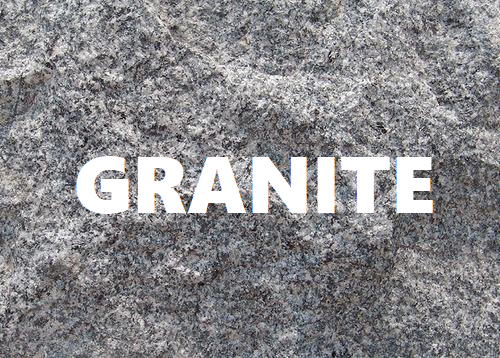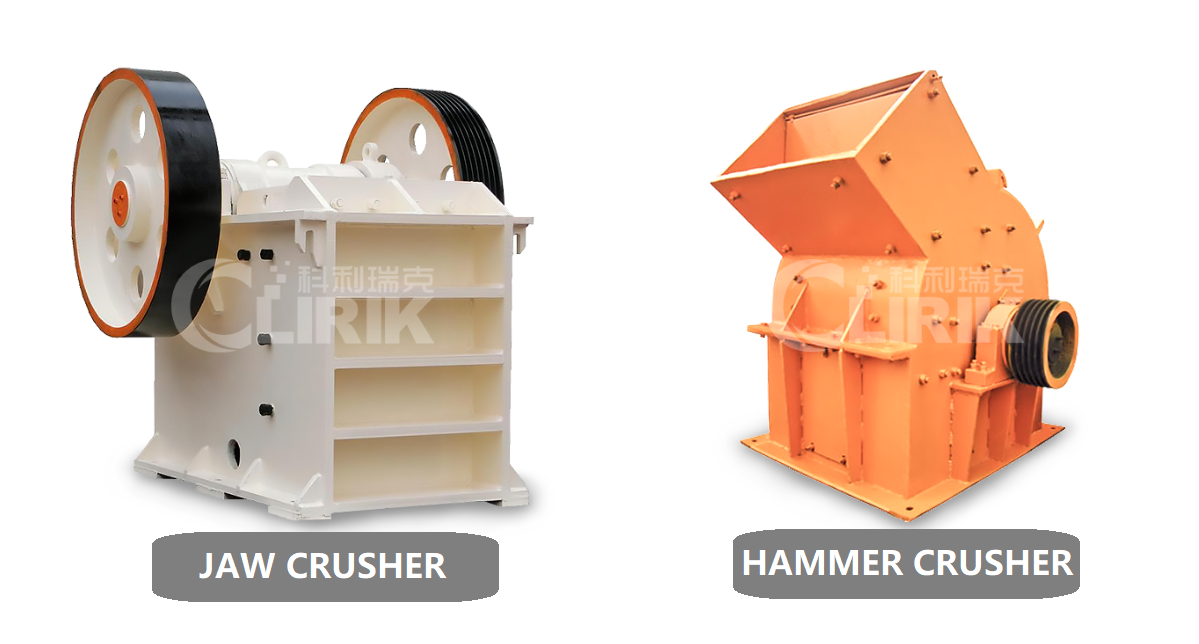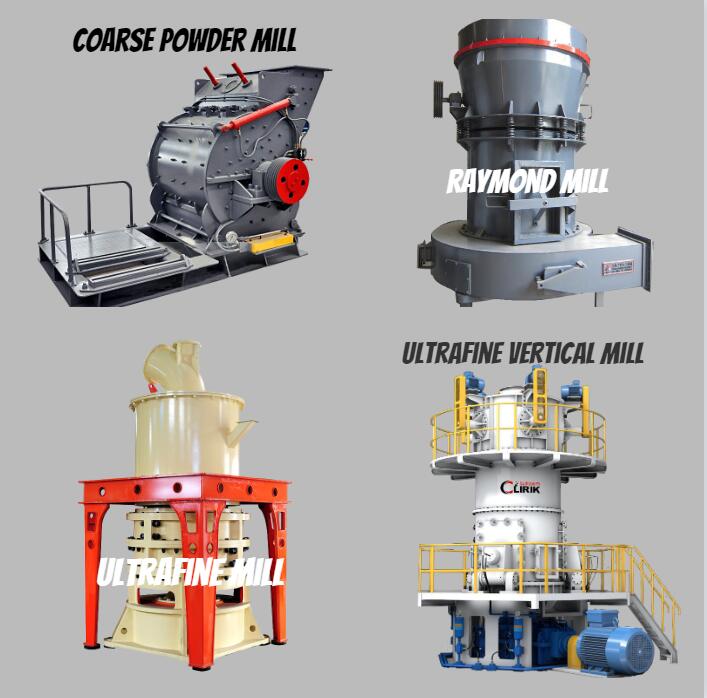For product information and pricing, Chat with sales agent:
or email us : sales@clirik.com
Click links below to see related products.

Granite, a durable and aesthetically pleasing natural stone, has found its way into various industries beyond traditional construction.
One innovative application is the utilization of granite powder, a byproduct of the cutting and grinding processes in the stone industry.
This article explores the intricacies of the granite powder processing plant, shedding light on its significance, production process, and diverse applications.

Granite powder, often considered a waste material, has emerged as a valuable resource due to its unique properties.
Comprising fine particles resulting from the crushing and grinding of granite stones, this powder is rich in minerals and exhibits versatile characteristics.
As industries increasingly prioritize sustainability, the incorporation of granite powder into various production processes gains prominence.
The Process Unveiled: A granite powder processing plant typically involves several stages, each contributing to the transformation of raw granite into a valuable resource.
Let's delve into the intricacies of these stages.
The journey begins in granite quarries, where massive blocks are extracted using methods such as drilling, blasting, or cutting.
Once quarried, these blocks are transported to processing plants where the granite powder production journey officially commences.
Mined granite blocks undergo primary crushing, breaking down into smaller, manageable pieces.
Jaw crushers or hammer crushers play a crucial role in achieving the initial reduction in size.
This stage sets the foundation for subsequent grinding processes.

The heart of the granite powder processing plant lies in the grinding stage.
Here, the fragmented granite undergoes meticulous grinding to attain the desired particle size distribution.
Various types of mills, including ball mills, Raymond mills, ultrafine mills, and vertical mills, are employed to achieve the fine and ultrafine powder sought after in numerous applications.

Following grinding, the ground granite powder enters a powder processing phase.
This involves additional refinement steps to meet specific requirements.
Technologies such as air classifiers and sieving equipment may be employed to ensure the precise particle size and quality necessary for diverse applications.
Quality control is paramount throughout the production line.
Rigorous testing for factors like particle size distribution, chemical composition, and other relevant properties ensures that the granite powder consistently meets industry standards.
This commitment to quality is vital for the diverse applications the powder will serve.
The versatility of granite powder opens doors to a myriad of applications across various industries.
Here are some notable uses that highlight the potential of this sustainable resource:
Granite powder finds a significant role as a partial replacement for cement in concrete production.
This sustainable practice not only enhances the strength and durability of concrete but also reduces the environmental impact associated with cement production.
Rich in minerals, granite powder serves as an excellent soil amendment.
Its addition to soil enhances fertility, improves structure, and provides essential nutrients for robust plant growth.
Granite powder is utilized in the manufacturing of tiles, bricks, and other construction materials.
Its incorporation enhances the properties of these materials while contributing to cost-effectiveness.
In the production of artificial or engineered stone, granite powder acts as a component, creating materials that mimic the appearance and characteristics of natural granite.
This proves to be a cost-effective alternative for various applications.
When combined with epoxy resin, granite powder contributes to the creation of composite materials with improved mechanical properties and aesthetic appeal.
These materials find applications in a range of industries.
Granite powder can be integrated into asphalt mixtures, improving stability and durability.
This sustainable approach is particularly relevant in the realm of road construction.
While exploring the diverse applications of granite powder, it's crucial to address the environmental considerations associated with its production.
Sustainable practices, waste management, and adherence to environmental regulations play pivotal roles in minimizing the impact on ecosystems and communities.
The granite powder processing plant represents a transformative journey that turns a once-discarded byproduct into a valuable resource.
As industries increasingly embrace sustainable practices, the innovative uses of granite powder underscore its potential to contribute to a greener and more efficient future.
From enhancing the structural integrity of concrete to fostering soil fertility in agriculture, granite powder stands as a testament to the power of innovation in transforming waste into wealth.
In the ever-evolving landscape of sustainable solutions, the granite powder processing plant emerges as a beacon of environmental responsibility and resourcefulness.
Shanghai Clirik Machinery Co., Ltd. provides a complete set of granite powder processing solutions. Including preliminary design, granite crusher, granite powder grinding mill production and assembly, etc. Feel free to contact us for a quote!
